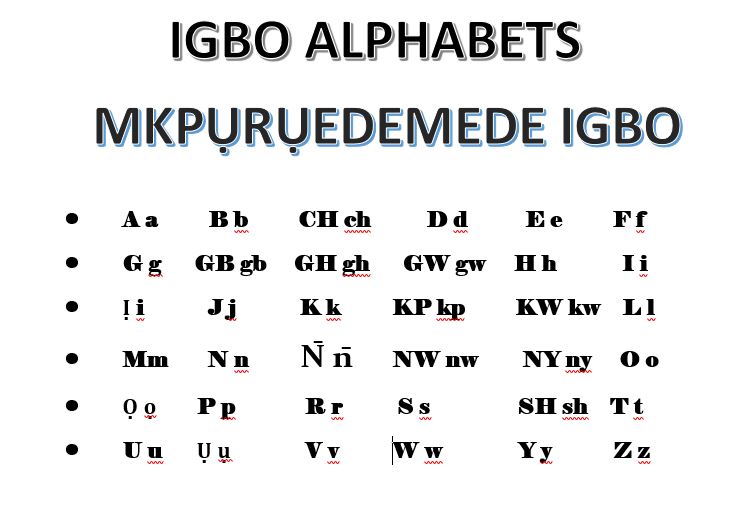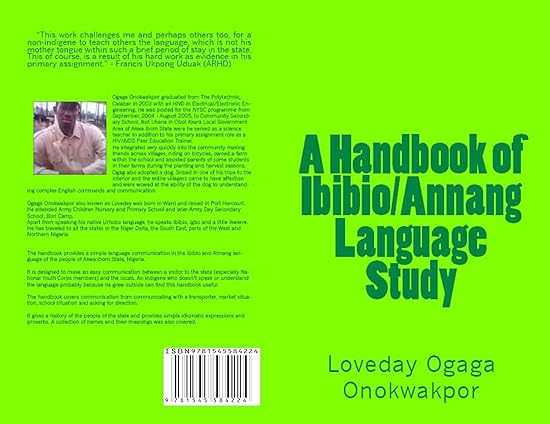Are you familiar with the eastern Nigeria culture? Do you know beyond Igbo, there are other eastern tongues within the region.
The tongue, according to anatomists, is a muscular organ in the mouth. One might know it as a sense organ from primary school. The tongue, tiny as it seems for it fits perfectly in the mouth, is responsible for quite a bit-eating, tasting, and works alongside other parts of the mouth to facilitate communication.
You remember this as you stare at your neighbour’s newborn son. He rests on his mother’s bosom, innocent and helpless, unaware of the world. His tongue, currently untrained and novel to him, is only useful for sucking. As time goes on, he will gain awareness of his surroundings, he will imitate the noises he hears, not knowing them to be anything but gibberish. Gibberish will turn to words he can understand, noises will turn to words he will speak.
The boy who can only cry to express himself, will come to learn to speak. He will learn to master his tongue; to speak his mother’s tongue, her legacy from the east, and carry the language forth, from one generation to the next.
In the East of Nigeria, among the rainforests and rivers, lies a treasure trove of languages. Some, familiar; others, novel. Let’s dive into some of these eastern tongues, shall we?
Igbo

Igbo language is the most widely spoken language in Eastern Nigeria. It is particularly spoken in states such as Abia, Anambra, Ebonyi, Enugu, and Imo. The Igbo language has numerous dialects, notable ones include Nsukka, Owerri, Onitsha, and Umuahia.
Each dialect with unique variations in pronunciation, vocabulary and even grammar. Linguists believe this is due to the nature of Igboland, rife with forests that prevented tribes from mixing regularly, thus the variations in the dialects became more pronounced due to the isolation, so much so that one tribe might not understand the speech of another tribe.
Written Igbo has a standard orthography and has many books, movies, plays and many other media available in the language.
See also: Fabric of the East: A Look at the Cultural Dressing of Eastern Nigeria
Ibibio

The Ibibio language is mainly spoken in Akwa Ibom state but is related to other Cross River languages such as Efik, Oron and other members of the Niger-Congo group of languages.
Much like Igbo, Ibibio has the following dialects: Central Ibibio which is spoken primarily around Uyo; Eket, Enwang, Itu Mbon Uso, and Ibeno.
Central Ibibio has been standardized for use in textbooks, media and translation of various texts.
Efik

Efik language is primarily spoken in Cross River state. It is a single language with minimal variation due to regional and cultural influences that result in minor dialectal differences. For instance, there might be slight differences between urban Efik in Calabar and rural Efik in local communities.
Efik, one of the most common eastern tongues, shares close linguistic ties with Ibibio, Oron and Annang which may result in some Efik speakers integrating words or pronunciations from these languages.
Efik language has a rich history that has resulted in their well-developed and standardized orthography. It was one of the first Nigerian languages to have a Bible translation, largely due to historical efforts by Christian missionaries in the 19th century.
Ijaw

The Ijaw language is not classified as a single homogenous language, rather a group of closely related languages and dialects spoken primarily by the Ijaw people. Although mostly spoken in the Niger Delta, the Ijaw language has dialects present in other parts of Eastern Nigeria such as the Andoni region. The Ijaw linguistic family consists of two major groups: Western Ijaw and Eastern Ijaw.
Western Ijaw includes dialects such as Egbema, Arogbo, and Gbaramatu which is spoken in parts of Delta and Ondo states. The Eastern Ijaw includes dialects such as Kalabari, Bonny, Okrika, Nembe and Brass which is spoken in Rivers and Bayelsa states. Other notable dialects include: Apoi, Akassa, Kumoni, and Olodiama.
The Ijaw linguistic family has standardized orthographies developed for some major variants but the process is not uniform across all dialects.
Other Eastern Tongues
Apart from these eastern tongues, there are smaller language groups in Eastern Nigeria which are often localized to particular regions. These include:
- The Ekoi language (also known as Ejagham) is primarily spoken in Cross River state, around the Cameroonian border which is why it is closely related to some Cameroonian languages. The Ekoi people are known for traditional arts such as Nsibidi, a system of ideographic writing.
- The Yala or Iyala language is mainly spoken in northern Cross River state, particularly in Yala and Ikom local government areas. The Yala language has multiple dialects which vary significantly across communities. The Yala language plays a key role in local customs, celebrations, and oral literature.
- The Ogoni languages which consists of distinct but related languages such as Khana, Gokana, Eleme, and Tai. The Ogoni people are known for their environmental activism and advocacy for cultural and environmental preservation.
- Other notable languages are Etche and Ndoki, Ibani, Oron, Abua and Odual.
Are any of these languages familiar to you? Let us know in the comments!
